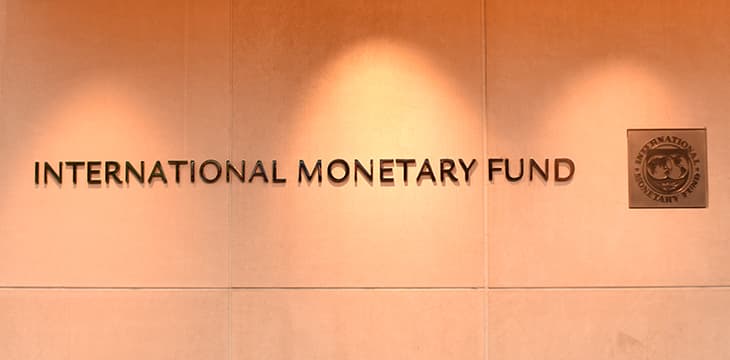|
Getting your Trinity Audio player ready...
|
Less than two weeks since the Central African Republic moved to adopt BTC as legal tender, yet another entity has raised concerns over the decision. The International Monetary Fund (IMF) says that the move raises major legal and economic policy challenges, even as experts, political and economic leaders question the country’s ability to implement BTC payments.
CAR announced recently that it had warmed up to BTC, and as CoinGeek reported, the move is meant to put the country one step ahead in technology adoption according to its Minister for Finance. The government also believes that the move will help spur its economic growth which has lagged behind due to decades of political instability and corruption.
The latest to question the decision is the IMF which told Bloomberg that it has several concerns over the country’s decision to join El Salvador in a BTC experiment that’s doomed to fail, at least if El Salvador is anything to go by.
The Washington-based organization, whose stated goal is to foster global monetary cooperation and secure financial stability, told the outlet, “The adoption of Bitcoin as legal tender in C.A.R. raises major legal, transparency, and economic policy challenges.”
“IMF staff are assisting the regional and Central African Republic’s authorities in addressing the concerns posed by the new law.”
This is not the first time that the IMF is sounding a warning over the CAR’s BTC move. Abebe Aemro Selassie, the head of Africa at the organization said that the country lacks the requisite financial infrastructure for such a move. He further warned against looking at digital currencies as silver bullets which could magically solve all a country’s problems.
The CAR currently holds a $210 million loan from the IMF and has looked to the organization to fund some of its most critical projects, making the warning all that more significant.
The IMF has a track record of fighting digital currencies, and while in some cases like discouraging the Bitcoin Law in El Salvador are good for long-term financial stability, in other cases it has been seen to overstep its mandate.
One such case was in Argentina where the IMF offered to bail out the South American country, but only if the government pledged to discourage the adoption of digital currencies.
Watch: CoinGeek Zurich panel, Blockchain & the Future of Africa

 02-28-2026
02-28-2026 




